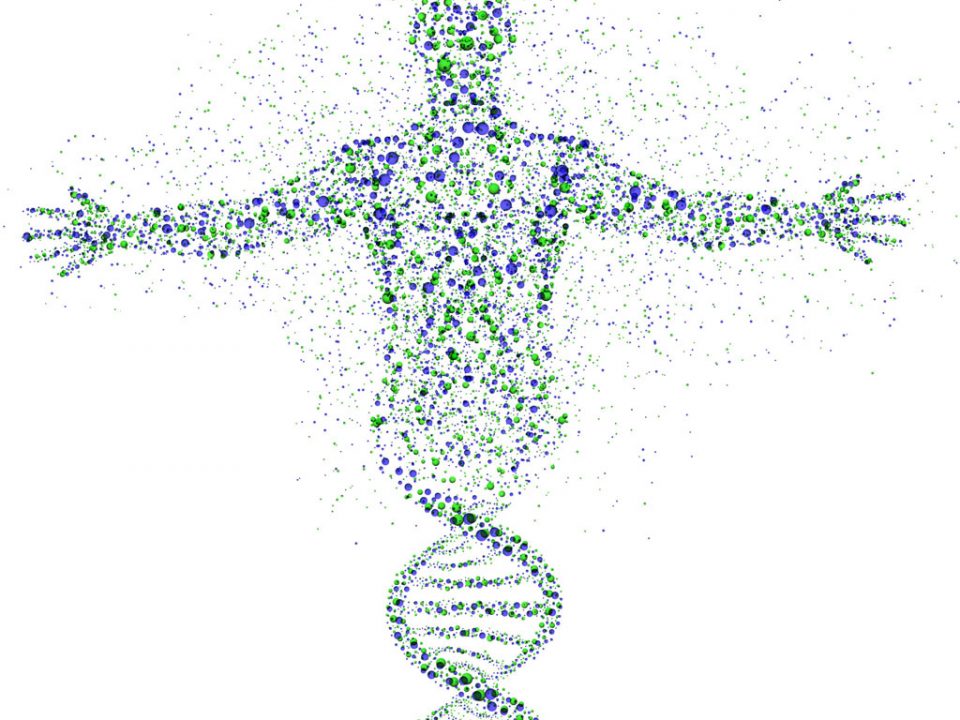Turn That Frown Upside Down!

HEALTHY SLEEP HABITS
September 19, 2019
Strengthening Your Immune System with Dr. Kevin Tipper, ND
February 28, 2020Maybe you’ve heard that it’s easier to smile than it is to frown. That’s because it is commonly believed that it takes 43 muscles to frown and only 17 muscles to smile. Or maybe you heard that it takes 62 muscles to frown and only 26 muscles to smile. Wait… what!?!
The truth is this is a bit of an old wives tale because it is very hard to measure the exact number of muscles it takes to smile OR to frown. We are all so different and so are our smiles and our frowns.
What we know is that no matter how many of the 43 muscles in your face it takes to smile, the very act of smiling has amazing positive impact on your whole body!
First, your facial expressions tell the world how you are feeling. And people typically respond in kind to the facial expressions they encounter.
That means if you are smiling, people that you meet will likely smile back. And that makes everyone feel happier. Of course, the opposite is also true so be careful!
However, our facial expressions are more than just a sign of how we are feeling, they also contribute to that feeling. If we smile even when we don’t feel like it, our mood will improve despite ourselves.
Studies have actually been done where they force subjects to smile and results of the study show that even though they were pretending to be happy, the subjects’ bodies didn’t know the difference between acting and the actual emotion.
That’s right… your body is so amazing that when you smile the effects of happiness can be measured in other parts of your body, including your brain, your circulatory system and your nerve system! How amazing is that!?!
Every emotion you have is affected by your brain but your brain is also affected by every emotion you have.
When you perceive something that makes you happy, your brain gets signals to release certain chemicals called neurotransmitters, specifically dopamine and serotonin.
The interesting thing is when you make these chemicals you feel happy, but you also feel happy when these chemicals are made.
These chemicals, in turn affect other parts of your body. For example, serotonin not only regulates your mood, it also affects your behavior, your appetite and digestion, your sleep and your memory, among other things. Serotonin and neurotransmitters in general are used to transmit messages between nerve cells.
Neurotransmitters are very important because if messages aren’t transmitted correctly then your body can’t work the way it was meant to. So you would smile but you wouldn’t feel happy.
A similar thing happens when your spine is not well aligned. The bones of the spine can distort the function of the nerve system and then your body can’t work the way it was meant to.
Chiropractors can help you with that by checking your spine and adjusting any segments that are subluxated and that should turn that frown upside down for sure!
—By Judy Nutz Campanale, DC, ACP, FCSC (hon)






